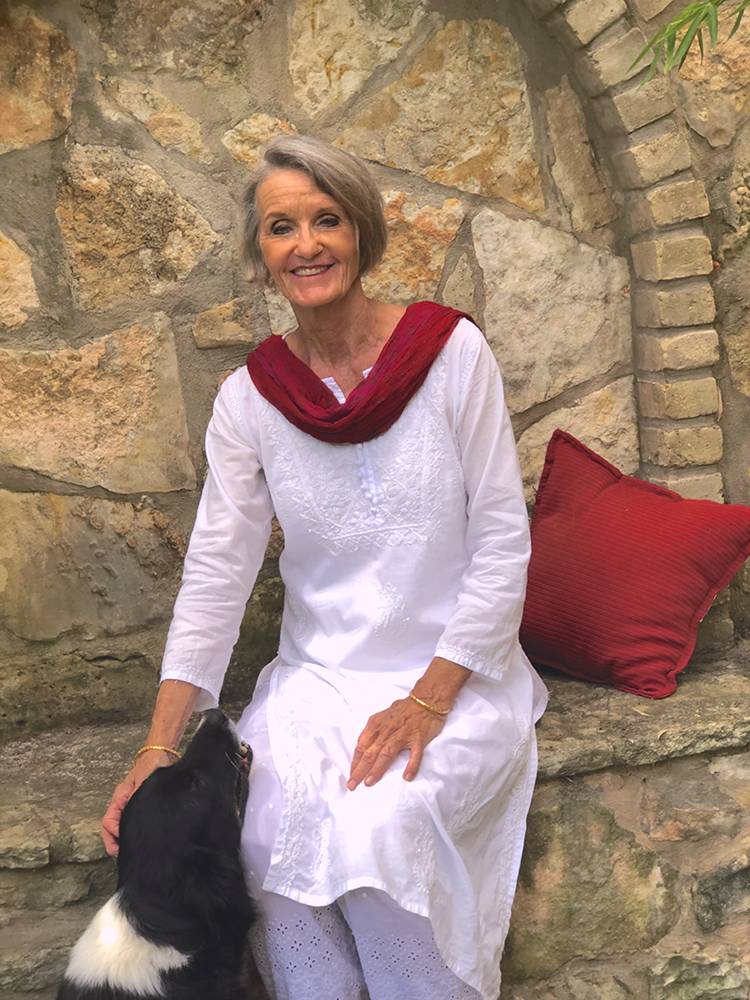Leah Renold
 Associate Professor
Associate Professor
Office: TMH-209
Email: lr22@txstate.edu
Phone: 512.245.2118
Primary focus:
South Asian History
Specialty:
Modern South Asian History, History of Religion, Nonviolence and Social Justice
Leah Renold is a historian of South Asia who offers courses on the history of India and South Asia, as well as on Gandhi and nonviolence. She received her doctorate in Modern South Asian History from the University of Texas at Austin (1999). Oxford University Press published her first book, A Hindu Education: The Early Years of Banaras Hindu University, which explores the complex inter-relationships between Hindu traditions, Hindu-Muslim relations, education, and colonial policy during the Indian independence movement. Dr. Renold has continued to publish research on topics related to Banaras Hindu University and on Mahatma Gandhi. Her current research project explores the environmental history of the Ganges River during colonial period. Dr. Renold has lived in India for over seven years and directs the Texas State Faculty-Led Education Abroad in India. She is the faculty advisor for the Indian Students Association and the co-creator and Academic Program Coordinator for the Peace and Social Justice Minor at Texas State.
Courses Taught
HIST 2311 | World Civilizations to 1500
This introductory survey is the first of two courses on the history of world civilization. This course addresses major developments in human existence from the earliest recorded times until the sixteenth century. Course materials provide a glimpse into diverse influences shaping the human continuum: climate and geography, technological innovation, trade and cultural exchange, and aggression and peaceful coexistence. This particular section of the course includes an emphasis on the history of religions and ideas.
HIST 4350H | Gandhi and Non-violence
Mohandas K. Gandhi is recognized as one of the major figures of the modern era. This course offers students opportunity to explore Gandhi in the context of the late British imperialism in India. The first half of the course will explore Gandhi’s life alongside developments in Indian nationalism and colonial polity in the late nineteenth and twentieth century. The second half of the course is focused upon research into various aspects of the life of Mahatma Gandhi using primary sources. There are no prerequisites for this course.
HIST 4350I | History of India
India, with a population of well over one billion, is the largest democracy and one of the most diverse nations on the planet. The South Asian subcontinent is a region of multiple ethnicities, languages, and religions, possessing a rich and dynamic history and culture. This course is an introduction to Indian history and culture from ancient times of the Indus Valley Civilization to the creation of the present modern nation-states of India and Pakistan. The course offers a focus on the cultural developments of the region, including the caste system and the religious and philosophical traditions originating in India (including Hindu, Buddhist, Jain, Sikh) and the Islamic traditions that developed in South Asia.
